How to Motivate your Child to Learn Math?
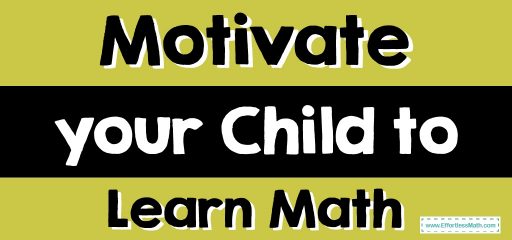
It is possible to generate interest in mathematics in any child, regardless of previously held beliefs that a person’s abilities in the subject are innate and determined by their cognitive structure.
Scientists have proved that the human brain can naturally perceive, absorb, analyze, and reproduce information.
The main thing is to have the right approach to the learning process, to explain to the child why to learn math, to use interactive methods, to reinforce the theory with interesting examples, and to be able to talk about complex things in simple words.
Success depends less on the student than the teacher’s charisma and delivery. A teacher needs to know where to start teaching, how to present the material correctly, and how to pique the child’s interest.
Why learn math: main reasons
One of the main motivators for each person is a clear understanding of why he needs it. There are several reasons why you should love and learn math.
It is the best trainer of the human brain
Like nothing else, scientists have proven that mathematics develops thinking and attention, improves memory, and broadens the mind.
Thanks to math, people learn to summarize and highlight important, analyze and organize, establish cause-effect relationships, make an intelligent and balanced conclusion, think strategically, to think a few steps ahead.
Mathematics helps to develop character and an inner core
One needs attentiveness, perseverance, responsibility, accuracy, and precision to solve a mathematical problem. These character traits help shape one’s personality and teach one to overcome any difficulties.
Mathematics – the engine of the humanities
It is the subject that helps in the better mastering of the humanities because they are closely related. Sociology, journalism, linguistics, and other fields rely on mathematical concepts, models, and logical laws. One cannot do without mathematics in everyday life. It is needed in every field of activity, even in everyday life.
Calculate your budget, determine how much pocket money you need for a certain period, pay in a store, and determine the correct ratio of any ingredients – math is always needed everywhere.
Knowledge of this subject is the key to a successful career
Nowadays, people who can think, abstract, plan correctly, solve non-standard tasks, and think several steps ahead are necessary.
Knowledge of mathematics can help you achieve incredible success and fulfillment in almost all fields, from IT to science.
You can become a good analyst, broker, financier, or teacher – opportunities abound.
How to properly teach math: tips from professionals
The learning process and features depend on the student’s age, knowledge, and character.
Each lesson should be clear and logically structured: from theory to practice
Until the child masters one topic, you cannot move on to the next one, as each lesson in mathematics is based on the understanding of the previous one. In order for the learning process to be fruitful, the teacher needs to follow a few rules.
Provide positive examples and analogies
The pupil will find it much more interesting to learn, for example, if they learn that math helps to predict the results of various sporting events.
Don’t scold for mistakes, but help to find a solution
To avoid developing so-called math anxiety in your child, criticizing them and focusing on their weaknesses is not necessary.
It is essential to clarify that a mistake is no big deal. If the child makes a mistake, offer to find ways to solve it and explain why it was made.
It is important to choose the correct format for teaching
For elementary school students, it is best to choose a play-based learning format. For example, for those who want to learn how to learn math in the first grade, there are special portals that provide:
- math mazes, squares;
- crosswords and puzzles;
- puzzles;
- puzzles.
Just as there are many programs, simulators, and essay writer free online tutorials, for writing beginners, there are similarly useful applications for math learning. Various quizzes, computers, board games, mobile applications, and cartoons make understanding easier and more fun. Also, refrain from discounting fiction stories about mathematics, unconventional compilations, and problem books—popular books such as Alice in the Land of Mathematics by Lev Gendenstein.
Let your child build a construction set
Currently, the shelves of children’s stores are replete with a great variety of designers. Of course, one of the most popular is the famous LEGO, but there are other plastic, metal, and even wooden options, equal leader.
Classes with the designer awaken a child’s sincere interest in basic math, as well as geometry and physics because when building three-dimensional structures can not do without counting and logical and abstract thinking.
Let your child take music lessons
Despite how weird it may sound, mathematics and music have a close relationship. To excel in mathematics and music, for example, a person must have the same skills: the ability to improvise, a developed imagination, and rapid thinking.
It will be even more beneficial if your child’s home lessons are accompanied by pleasant musical music, such as classical. Furthermore, the musical tastes of the person entering life will be shaped.
Let your child does origami
Origami is another excellent activity for strengthening children’s mathematics abilities and piquing their interest in the topic. As a result, when doing origami, the kid will count the number of pieces and folds, divide the corners into equal sections, utilize a protractor, and think about abstract shapes.
One of the mathematicians even stated that origami sparked his interest in geometry. It’s a simple activity, but very useful!
Final thoughts
The first question to ask yourself is: Why do you need to learn math? Take your time; think back to when you were in high school. Back then, when you were as old as your child was, why did you need to learn math? Try to formulate all the possible options. Try to assemble and formulate a final answer to the question “Why?” Adapt it so that this answer makes sense to your child. Talk to him about it.
Related to This Article
More math articles
- TSI Math Practice Test Questions
- 10 Most Common PSAT Math Questions
- Solve Equations
- How to Ace the SHSAT Test?
- How to Unraveling the Transitive Property: A Key to Understanding Mathematical Relationships
- Top 10 5th Grade PSSA Math Practice Questions
- 7th Grade IAR Math FREE Sample Practice Questions
- 10 Most Common 7th Grade OST Math Questions
- How to Prepare for the PSAT 8/9 Math Test?
- Decoding Magnitudes: A Deep Dive into the Intricacies of Absolute Value Properties
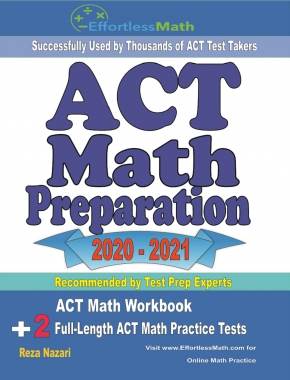
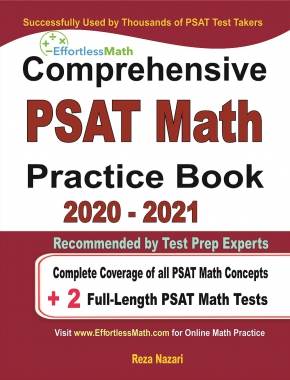
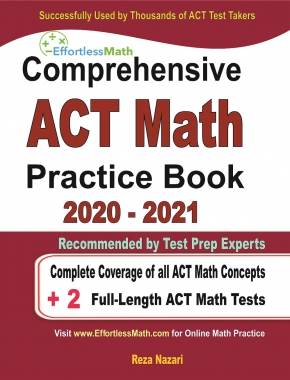

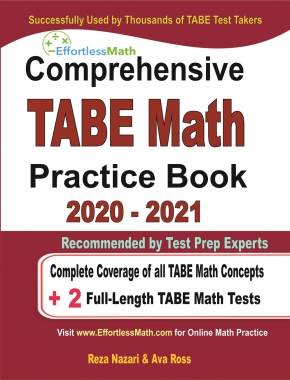



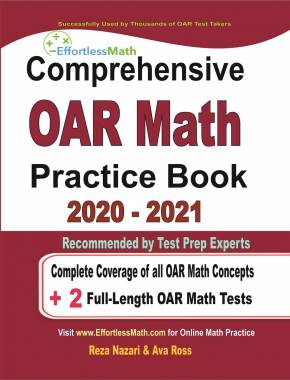
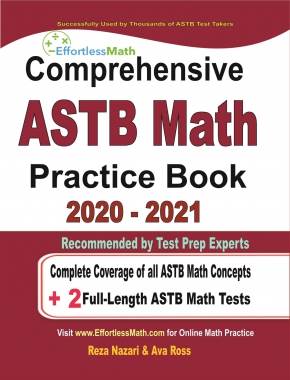
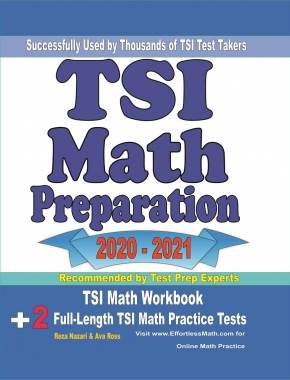
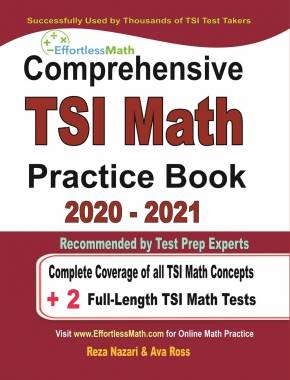
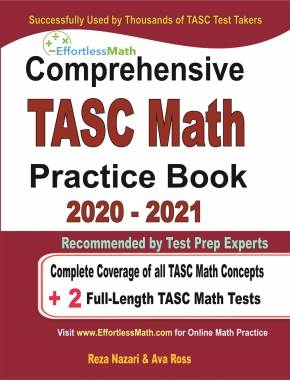
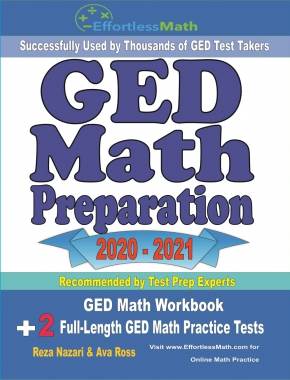


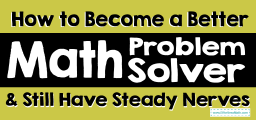
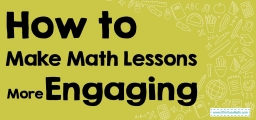

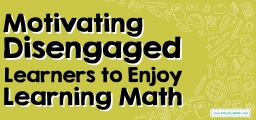
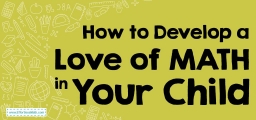
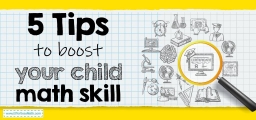

What people say about "How to Motivate your Child to Learn Math? - Effortless Math: We Help Students Learn to LOVE Mathematics"?
No one replied yet.